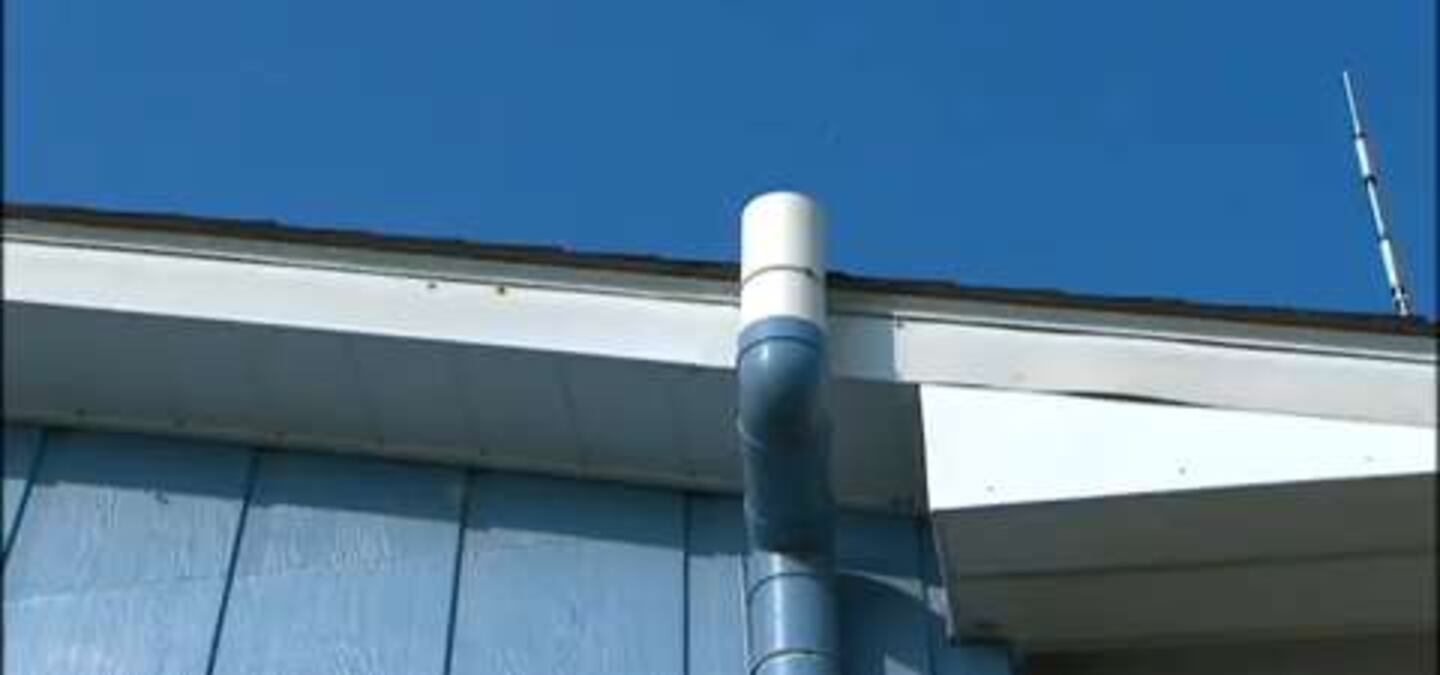BOSTON — High levels of radon gas are detected in about 21.8 percent of homes in Massachusetts, according to a new report by the American Lung Association in Massachusetts.
Radon is the second leading cause of lung cancer, officials said. It is a naturally-occurring radioactive gas emitted from the ground. Radon is odorless, tasteless and colorless, and can enter a home through cracks in floors, basement walls, foundations and other openings.
Radon can be present at high levels inside homes, schools and other buildings. It is responsible for an estimated 21,000 lung cancer deaths every year and is the leading cause of lung cancer in people who have never smoked, according to the American Lung Association.
The association is urging local residents to test their home for radon and mitigate if high levels are detected.
“Radon in homes is more common than you think. In fact, high levels of radioactive radon gas have been found in every state but most places in the country remain undertested, so this isn’t something that should be taken lightly. Exposure to radon is the second leading cause of lung cancer in the United States,” Daniel Fitzgerald, director of advocacy for the Lung Association, said in a statement on Monday. “Testing for radon is the only way to know if the air in your home is safe. The good news is that it is easy to test. Do-it-yourself test kits are simple to use and inexpensive.”
In Massachusetts, about 21.8 percent of radon test results equal or exceed the Environmental Protection Agency action level of 4 pCi/L, according to the Lung Association’s “State of Lung Cancer” report.
After high levels are detected, a radon professional should install a radon mitigation system, which is easy and relatively affordable, according to the association.
A typical radon mitigation system consists of a vent pipe, fan and properly sealing cracks and other openings, officials said. This system collects radon gas from underneath the foundation and vents it to the outside.
Local residents are advised to contact your state radon program for a list of certified professionals in the state. Some state health departments offer financial assistance or low interest loans for radon mitigation.
Learn more about radon testing and mitigation at Lung.org/radon and take the Lung Association’s free Radon Basics course at Lung.org/Radon-Basics.
For more information about radon, you can also visit the state’s website.
Massachusetts also has a Radon Information Line that you can call at 800-723-6695 or (413) 784-9352. Hours of operation are Monday through Friday from 8:45 a.m. to 5 p.m. Callers are asked to leave a message including your phone number and you will receive a call back, according to the state’s website.
This is a developing story. Check back for updates as more information becomes available.
Download the FREE Boston 25 News app for breaking news alerts.
Follow Boston 25 News on Facebook and Twitter. | Watch Boston 25 News NOW
©2024 Cox Media Group







